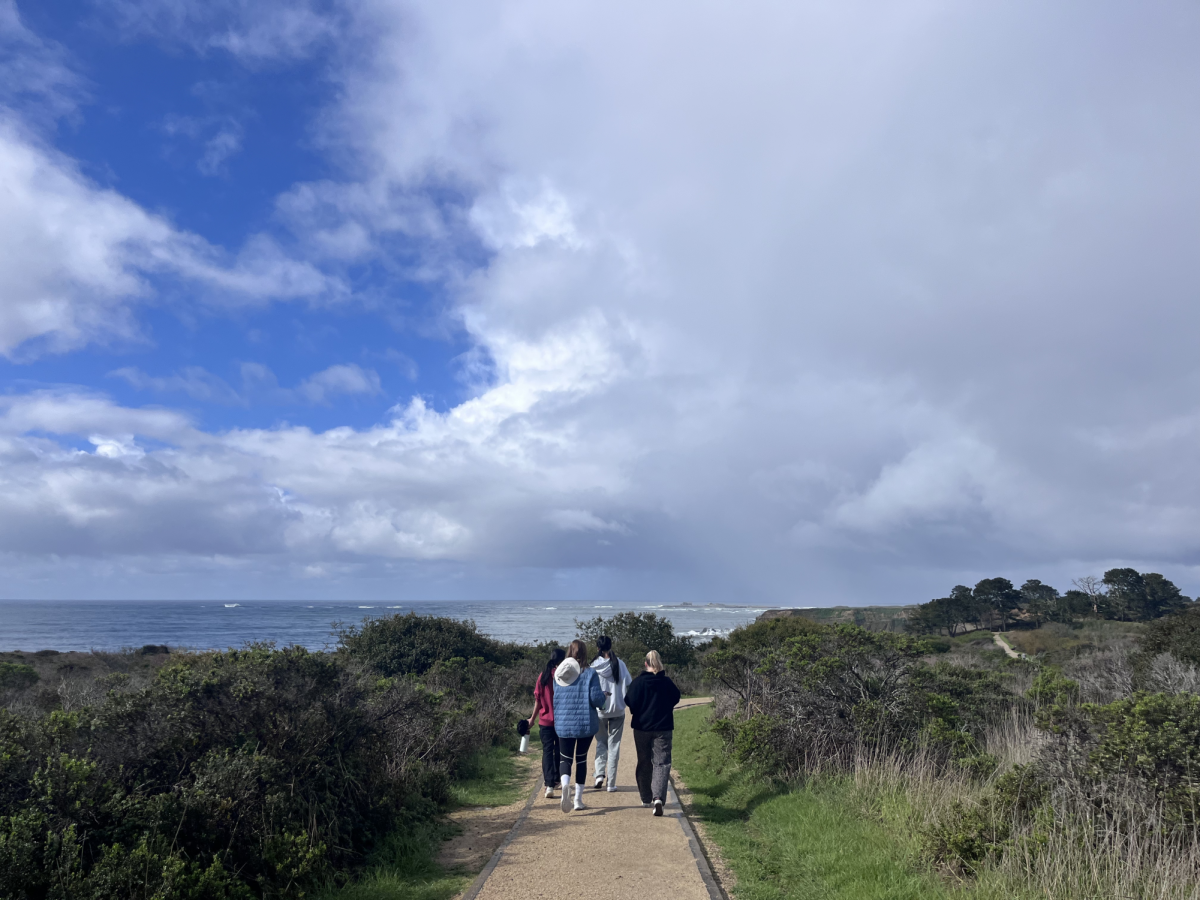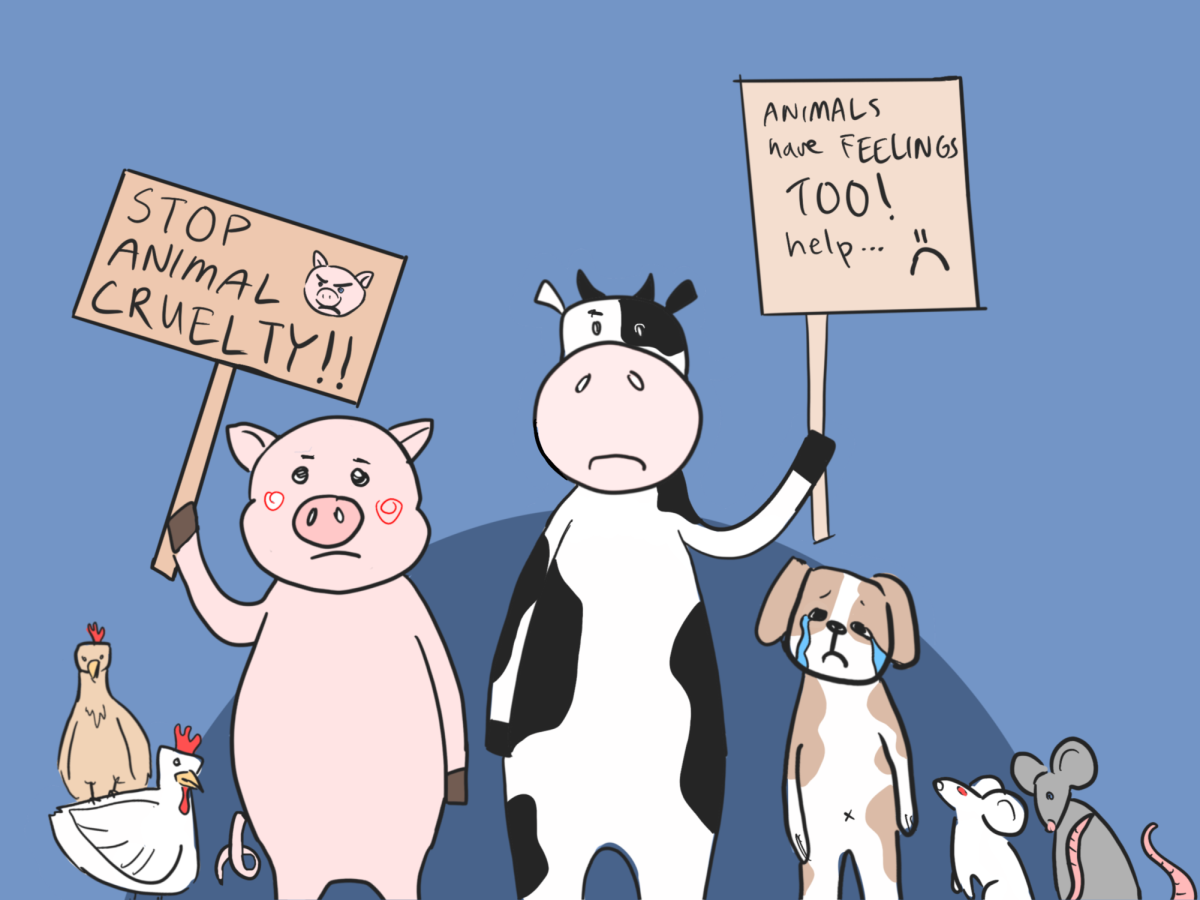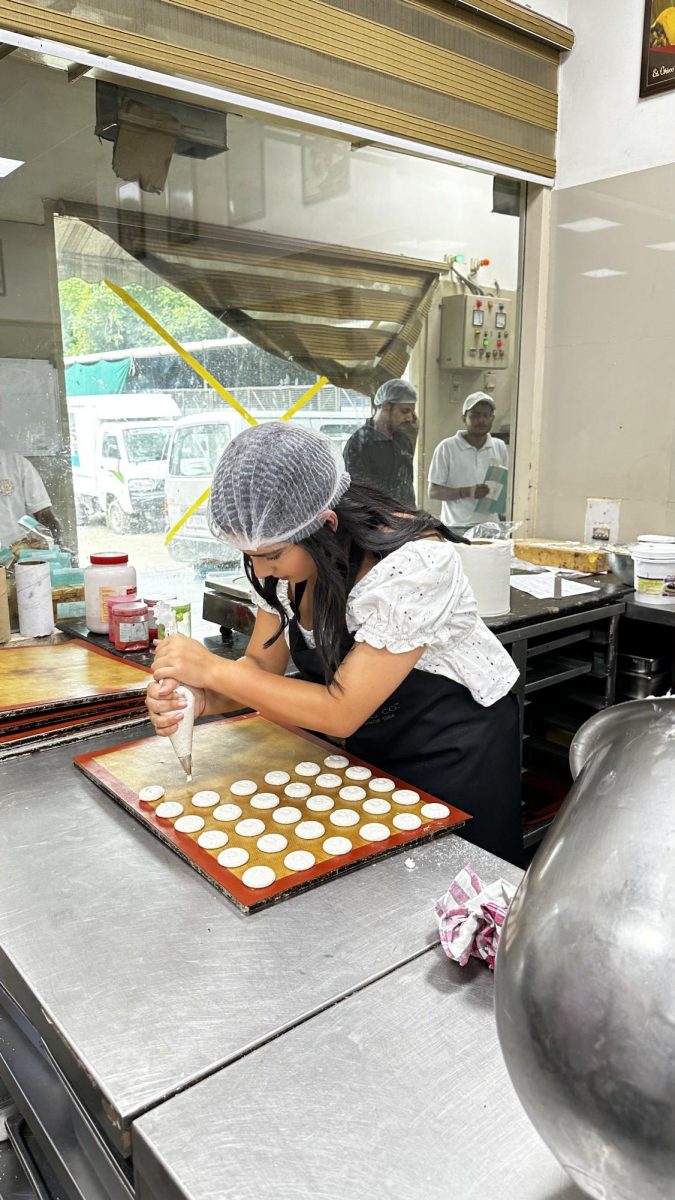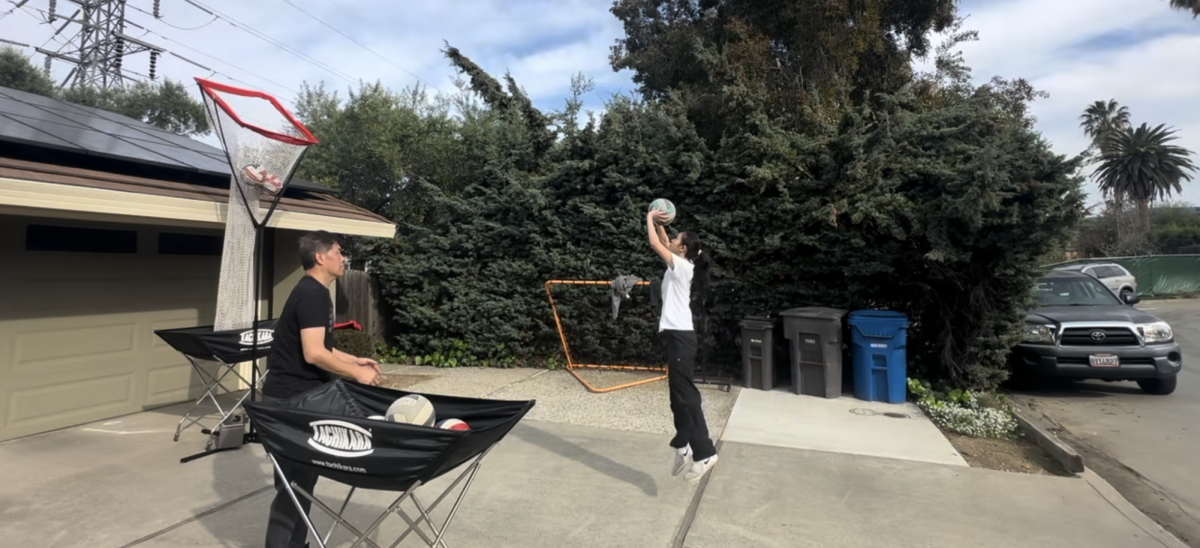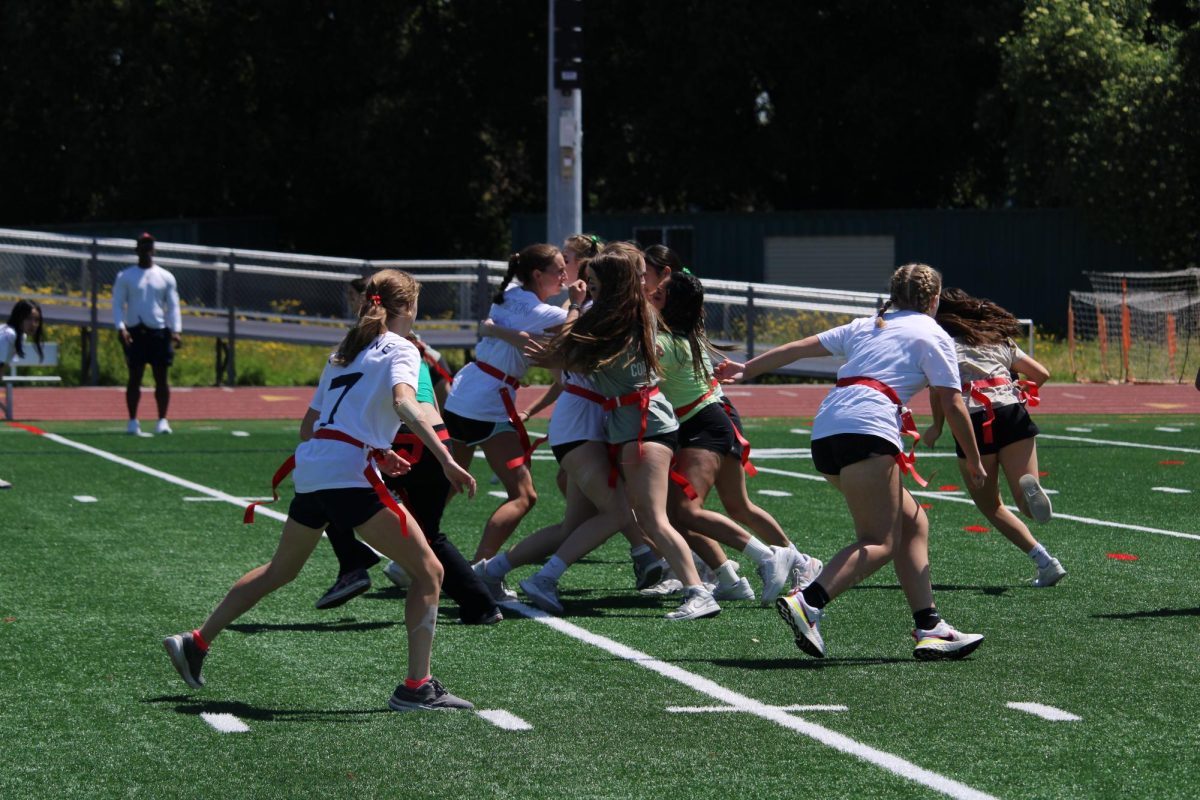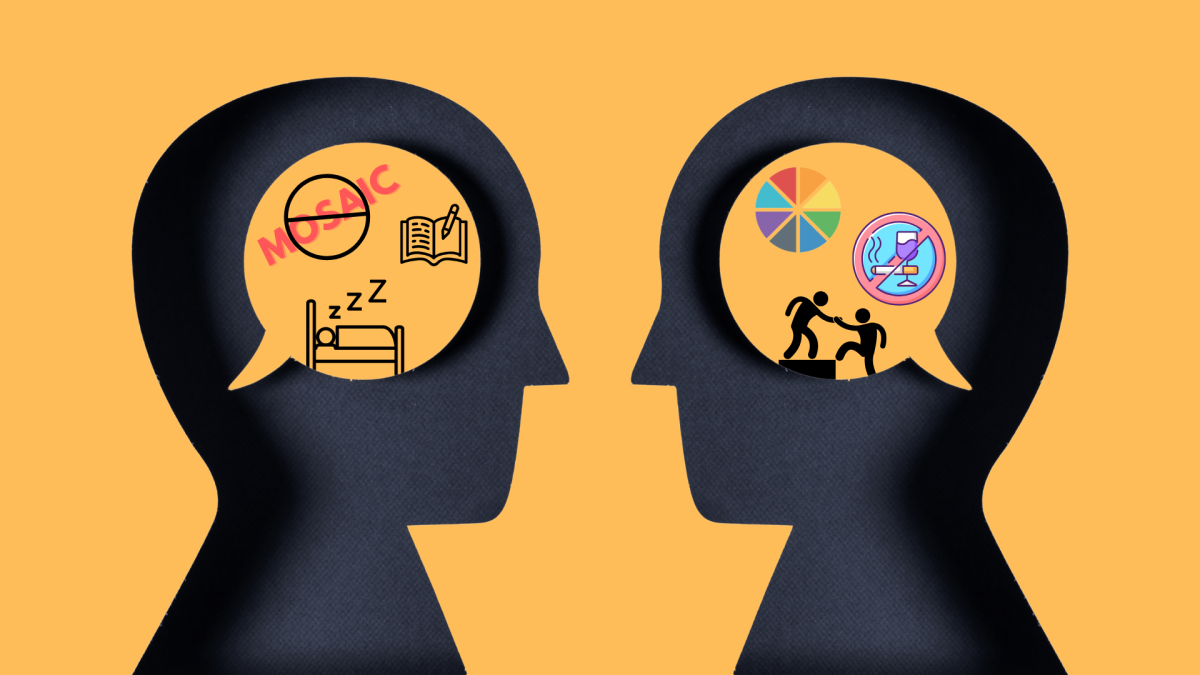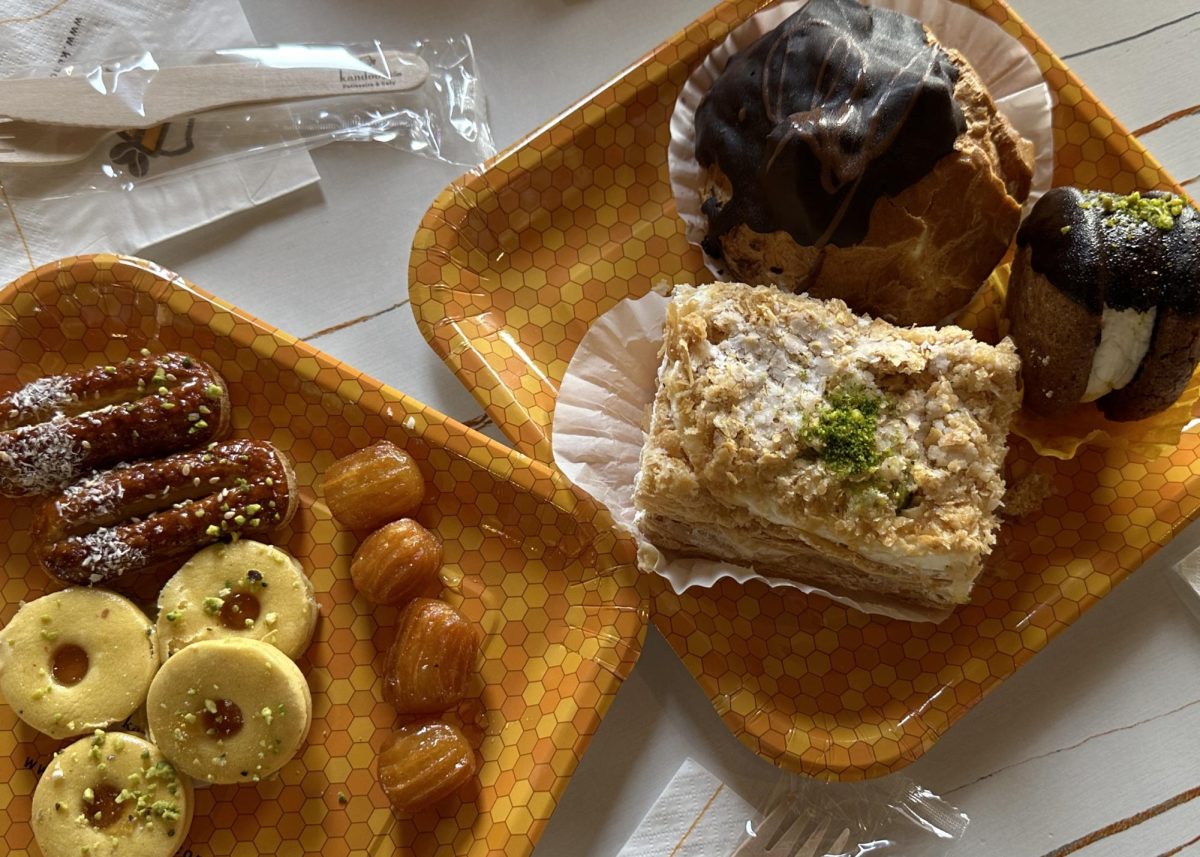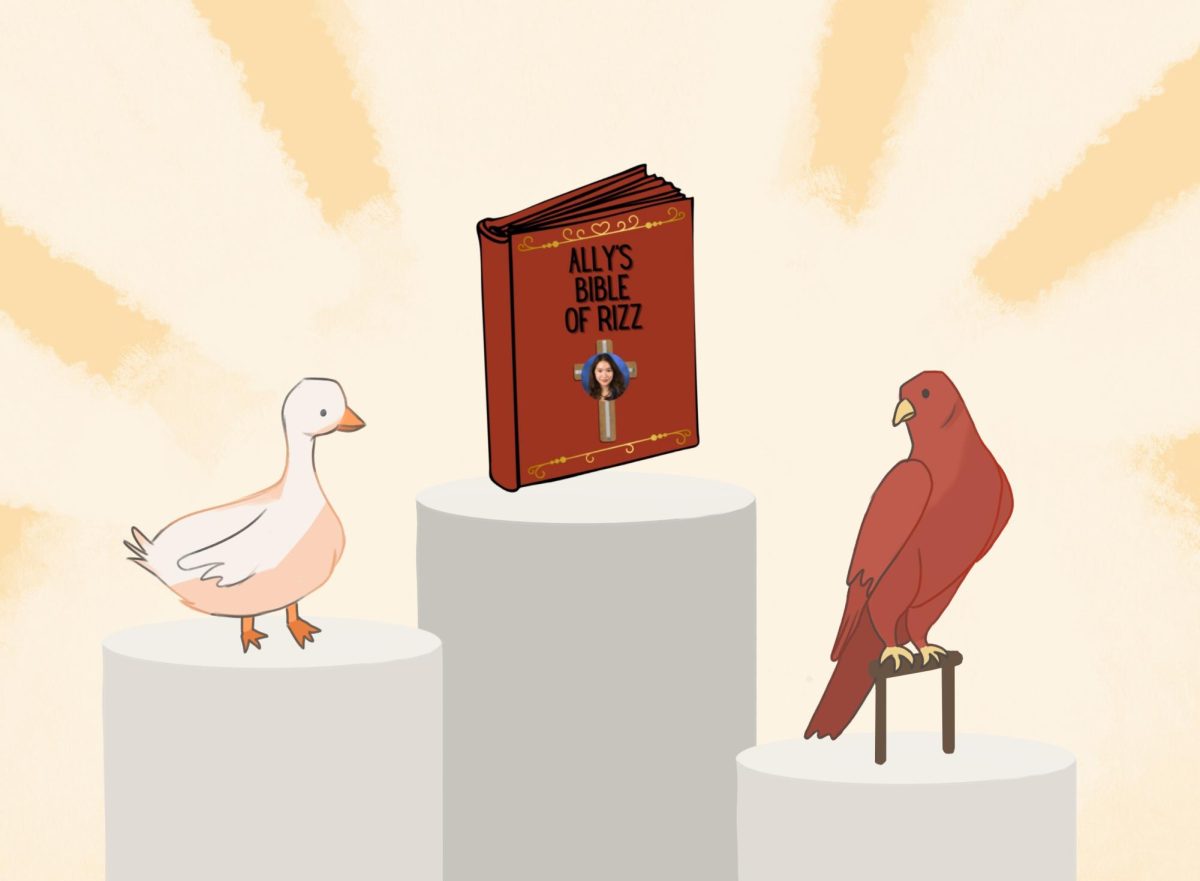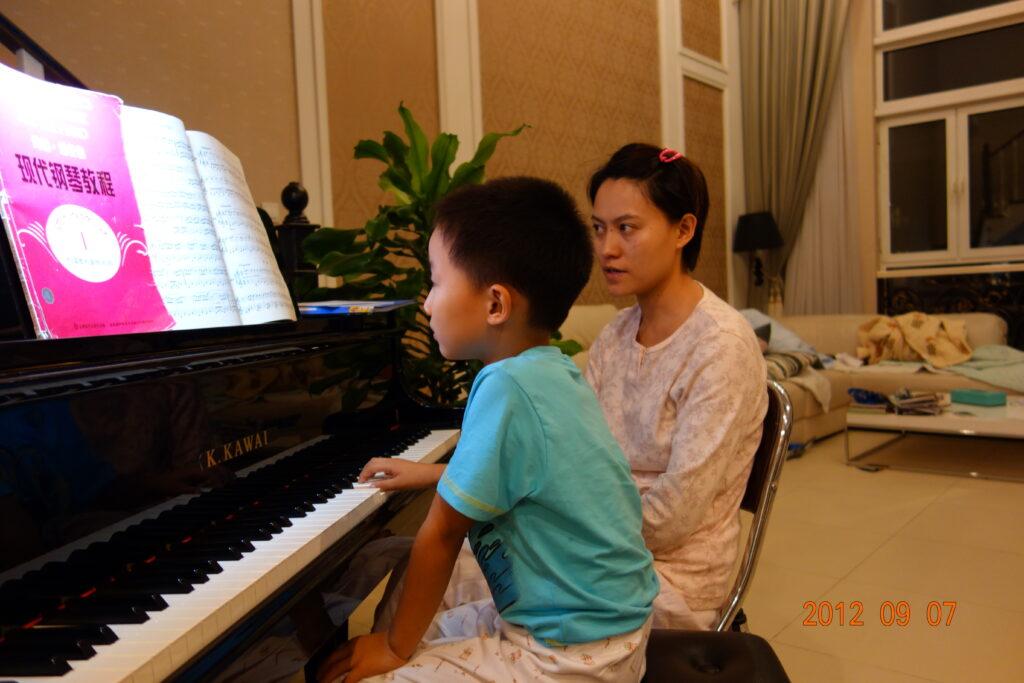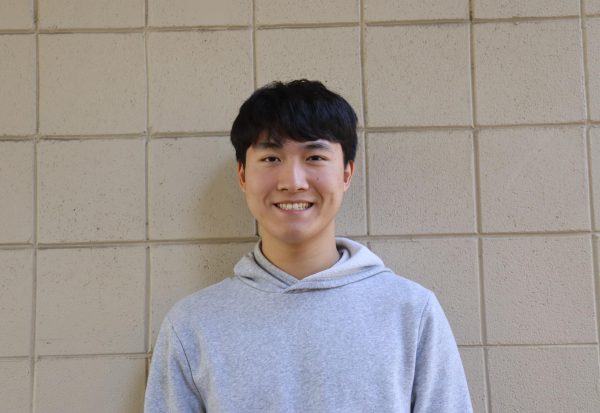Every night after dinner, the sounds of my 11-year old sister’s still-developing cello music echoes through the house. As with many other households, the music is also mixed with disagreements between her and my mother about not wanting to practice.
A decade ago, I was in the same position, always complaining about learning piano as my mother yelled at me to practice. At that time, practicing was never something I looked forward to, and even sitting in front of the piano made me feel distressed and upset.
I would sit on the piano bench — a pass-me-down from my mother to me — swinging my legs carelessly in the air and questioning why I had to follow my mother’s path as a pianist. I would do anything to avoid practicing — I went so far as debating with my mother to give me a day off of practicing on special days like the new year or my birthday.
In the years since those painful days, however, playing the piano has turned into something I truly enjoy, and contrary to my childhood self, I appreciate my parents for making me study piano despite my strong opposition to it at times.
While parents forcing children to partake in activities might seem painful or even cruel, it is only through this effort that kids are exposed to different activities and fields that may later grow into a genuine interest.
Having particularly immature and underdeveloped mindsets, kids tend to lack the understanding of what is truly beneficial for them in the long run. It would be detrimental if parents decide to “just be kind” and “give more freedom” to their children early on in this journey, when kids don’t yet have the tools to make good decisions.
Clearly, not every activity that a child is pushed to do will turn out to be a passion that lasts for the rest of their life, but only through introducing a wide variety of potential interests early on — swimming, soccer, singing and art, to name a few — can they have knowledge to know what they want to pursue more deeply as teens or adults.
From my experience, I can’t count the number of extracurricular activities I’ve tried, and I ended up giving up on a large number of them later in middle school. However, the ones I kept were truly intriguing to me, and I’m grateful for the difficult times my parents put me through to not let me quit.
Once a child achieves a higher level in a hobby or grows more mature, they can see the true, rich value of the extracurriculars they’ve been forced to do. In my case, playing piano helped me communicate in ways no other language can express, a feeling I’ve never experienced from anything else.
The moment that completely transformed my long animosity toward piano took place in 7th grade, on a car drive back home after a piano recital.
Both my parents were in the car, praising my performance as far beyond my peers. Their voices then paused. Sitting in the back of the car, I could only watch as distant street lights briefly lit up our faces before they were enshrouded by darkness again.
During one of these pitch-black intervals, my mother spoke.
“I know I have forced you a lot into playing piano in the past, but I was never forcing piano on you because I loved it,” she said. “As someone who grew up the same way as you, I finally understood and was so grateful to my mom one day for always being so strict and didn’t let me quit when I was young. Now you’re older, I will give you the freedom to choose for yourself. Whether to continue playing the piano, or what you have always been saying since day one: to quit and never touch the hated keyboard for the rest of your life.”
My mother’s voice maintained calm and peaceful, but it completely stirred up my heart, and I began to feel moisture pool in the corner of my eyes.
At that moment, I didn’t know what to say, but that night, my answer came to me. I wouldn’t quit. I have come so far that piano is no longer just a hobby that I can carelessly dispose of. The arguments, the tears and the sweats that I sat through on that bench when I first started reminded me how uneasy this journey has been. If I chose to stop right there, all the exuberant and proud memories I have made since would not have happened.
Piano brought me confidence when I stood in front of others to introduce myself. It was who I am, the qualities of perseverance and patience that piano shaped and associated with my identity.
Years later when my family moved to the U.S., piano continued to be a part of my journey on the opposite side of the planet.
When I faced challenges learning to speak English, piano was always there to spiritually bridge me to the new world. I communicated through a universal language — music — and showed who I was through my fingers on the keyboard.
Now, a decade later, I voluntarily glue myself with the habit of playing piano nearly every day for leisure.
In my case, I am forever grateful to my parents for sparking interests in different fields for me and not giving in to my threats and tantrums to quit before I was old enough to form my own opinion.



